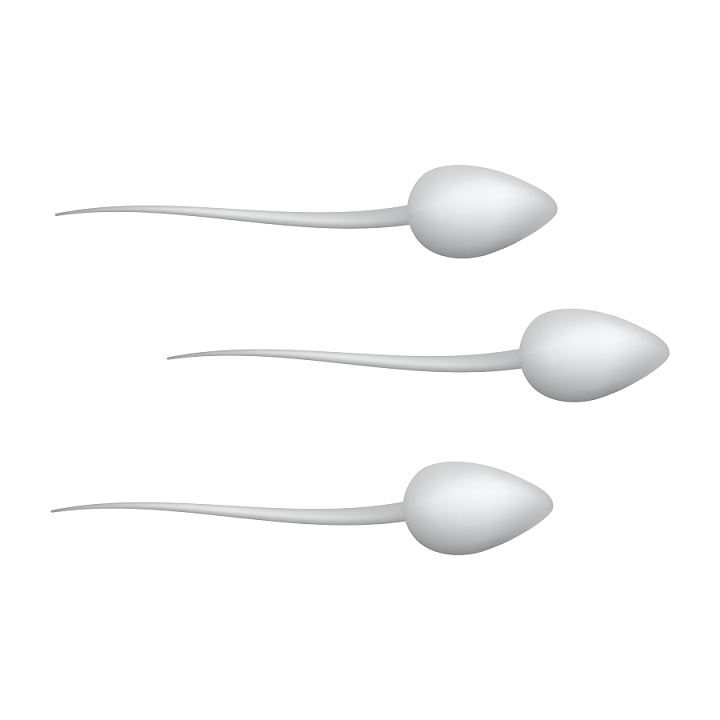
Advice for Couples Facing Infertility
November 8, 2018
Insurance = Frustrating
June 24, 2019An excerpt from Fertility & Beyond: Join the Conversation
By Melanie Collins, MD, Ob/Gyn
A woman is born with the total number of eggs she will ever produce. Over time, this number gradually diminishes and is typically so low at age 40 that pregnancy is unlikely, although not impossible.
In today’s society, more and more people are delaying marriage and, consequently, having children later in life. With so many celebrities having children in their forties, it sets unrealistic expectations.
We see stories like that and can’t help but think, “Women are having babies so much older, what’s the hurry for me?”
Unfortunately, what we’re not hearing with those stories is that the majority of those over 40-year-old moms are almost always using reproductive technology to get pregnant. Oftentimes these moms are using donor eggs. It’s not typical for a 40-year-old woman to get pregnant all by herself, naturally.
Further, it’s not like the celebrities are racing to be on the cover of “IVF Magazine” to share their story! And while they certainly don’t have to, it creates false hope and doesn’t really give the big picture. The truth is, if you’ve not been around someone who has infertility, you probably wouldn’t think twice about it and simply assume they’re getting pregnant later in life naturally.
It’s certainly not impossible to conceive naturally at a certain age, but it’s just not probable! Nothing is 100% when it comes to reproductive systems. However, there are statistics and scientific evidence that show when problems are likely to occur and when conceiving naturally comes with high odds.
TIP: Are you getting close to thirty, and unmarried (or married and not ready to have children yet but want to in the future)? Then you might want to talk about preserving your eggs as an option for the future. Depending on your insurance company, you may have benefits that cover the cost. Regardless it’s worth exploring in order to mitigate potential infertility when you do decide it’s time to have children. Age does matter.
About Melanie Collins, MD, Ob/Gyn
Background:
Dr. Melanie Collins attended medical school and completed her residency at the University of Texas at Houston, where she spent ten years. In her last year, she was greatly impacted by her work at MD Anderson. She worked with women who were pregnant and had cancer, breast cancer predominantly.
She moved to Austin, TX in 1996 and was one of the founding members of the Renaissance Women’s Group. This was located in the same office building as several prominent fertility specialists in the community.
The two practices began referring patients to one another and have maintained that relationship for over two decades, continuing to share information and remain current with the latest research in the field of fertility.
When the doctors started freezing eggs in Austin, it was quite a big leap in what was previously possible. This got her excited about the options it provided for her patients. With the trend of delaying childbearing as women extend their education, or to establish themselves in their professional careers, women have more viable choices.
Her current work:
Dr. Collins’ practice has grown over the years. She remains abreast of research and information surrounding infertility, so she can best counsel her patients.
Her primary goal is to establish patient relationships for the long term. She’s even now delivered babies for the second generation in a family! She focuses on educating patients through all cycles of life and how various phases impact their body and well-being (from basic coaching on how a woman’s cycle works, to handling fertility and beyond, and through menopause).
Contact information: http://www.rwgdocs.com
Get your copy of Fertility and Beyond: Join the Conversation on Amazon.





